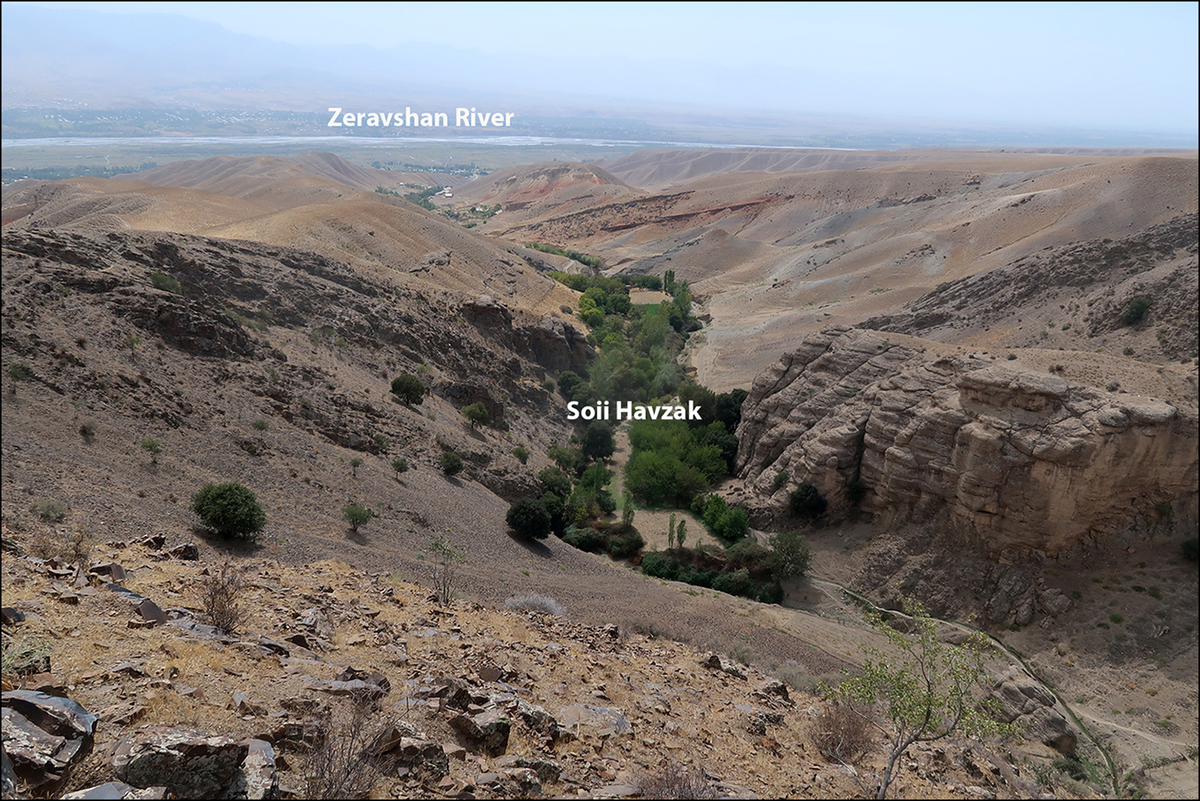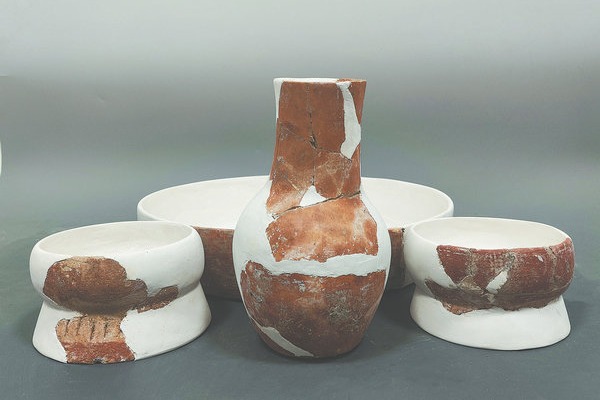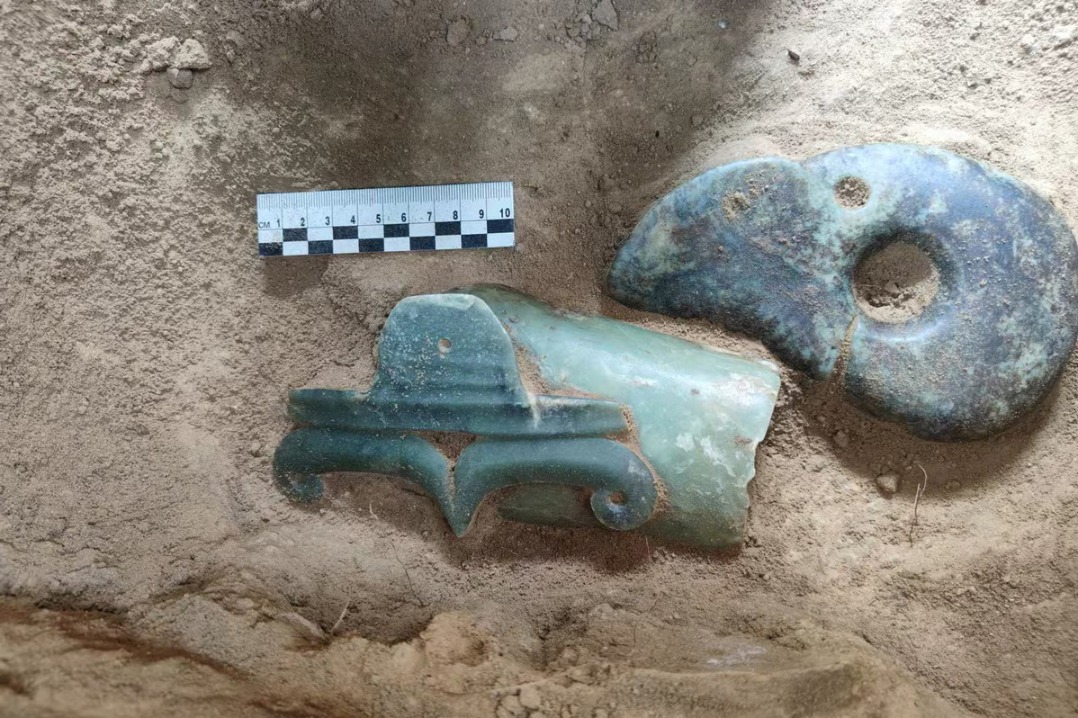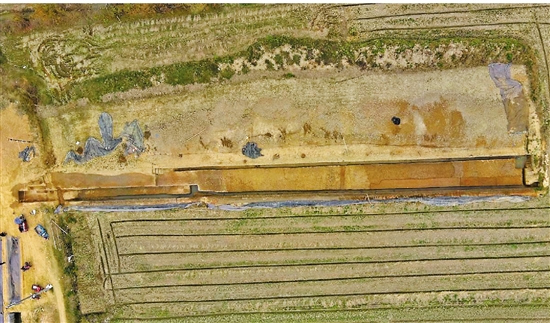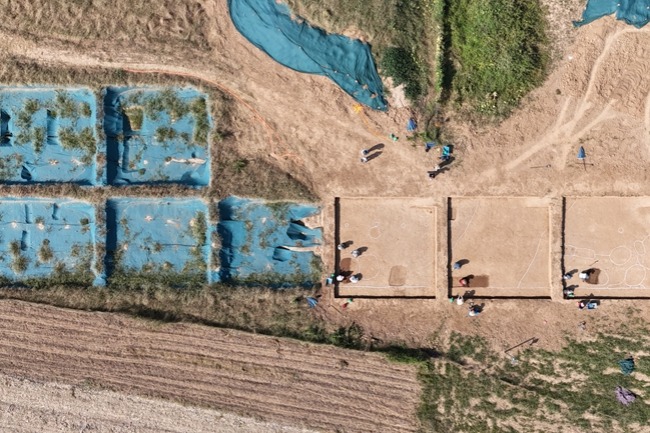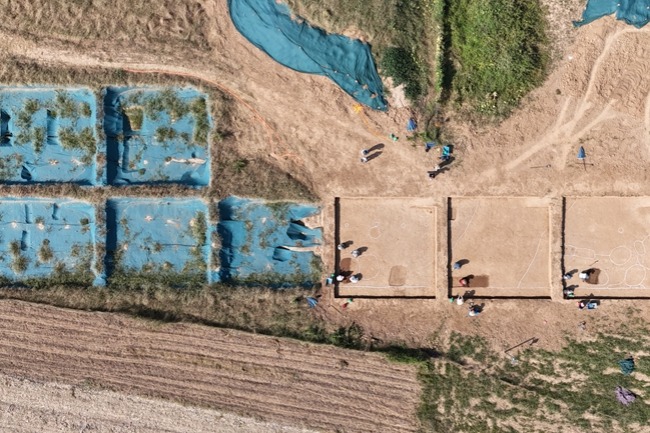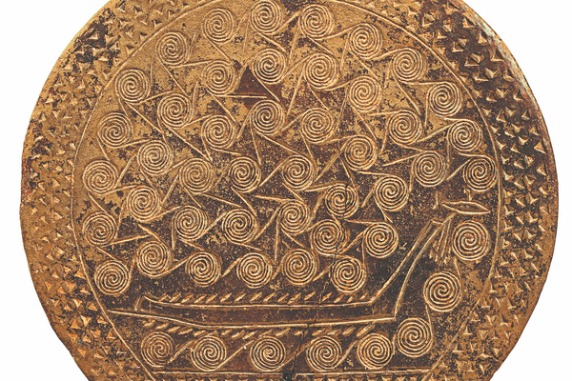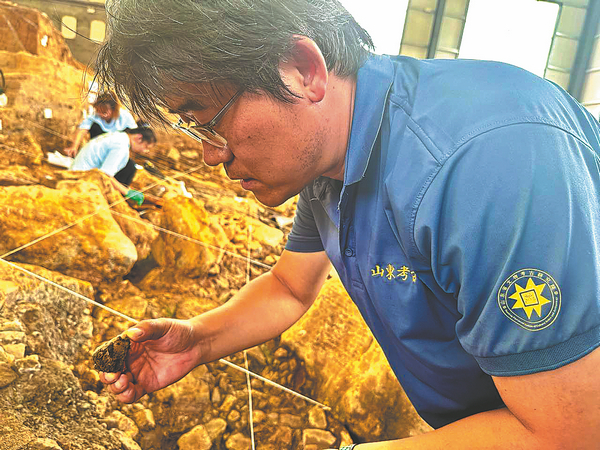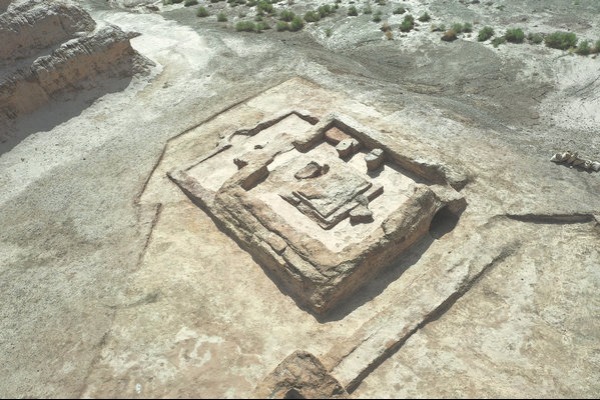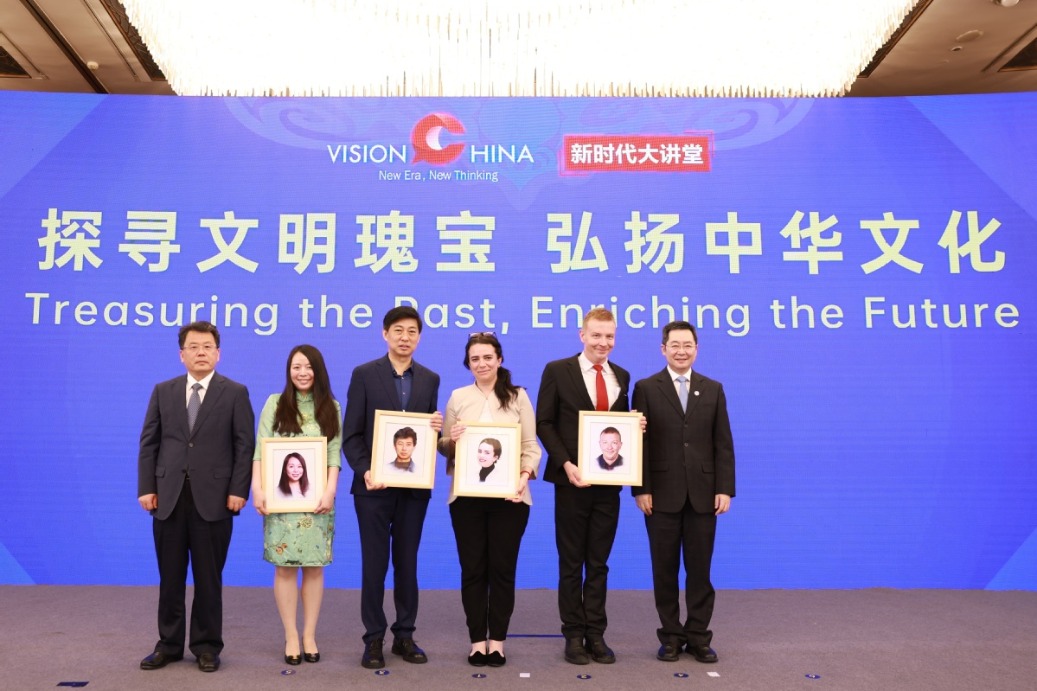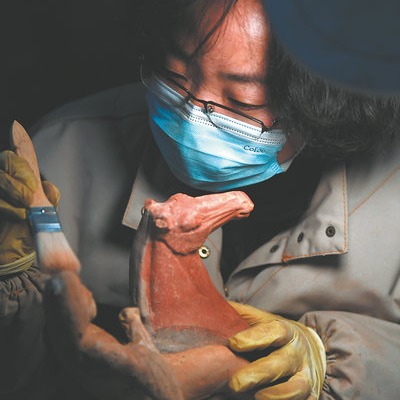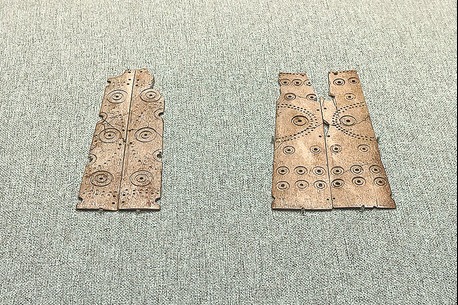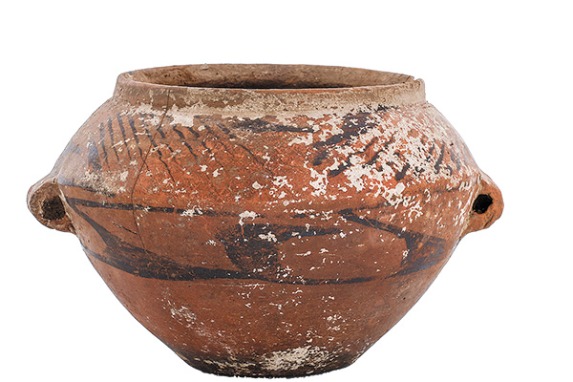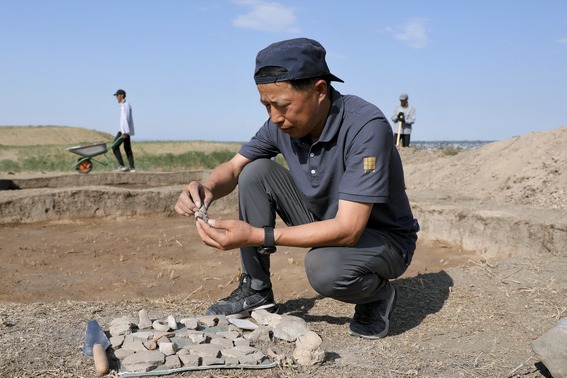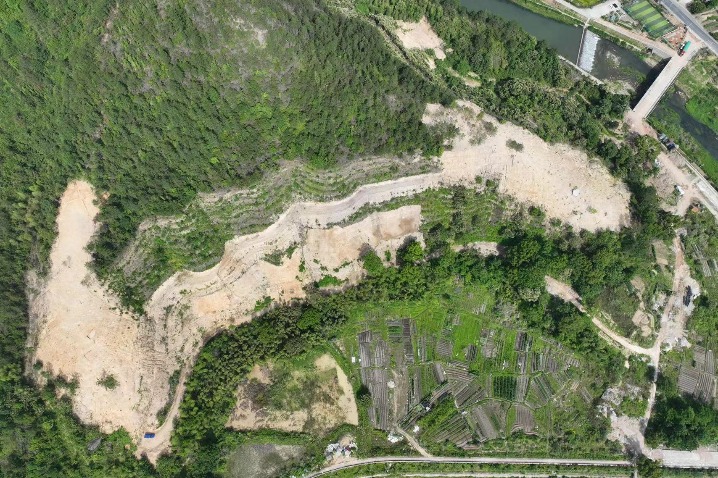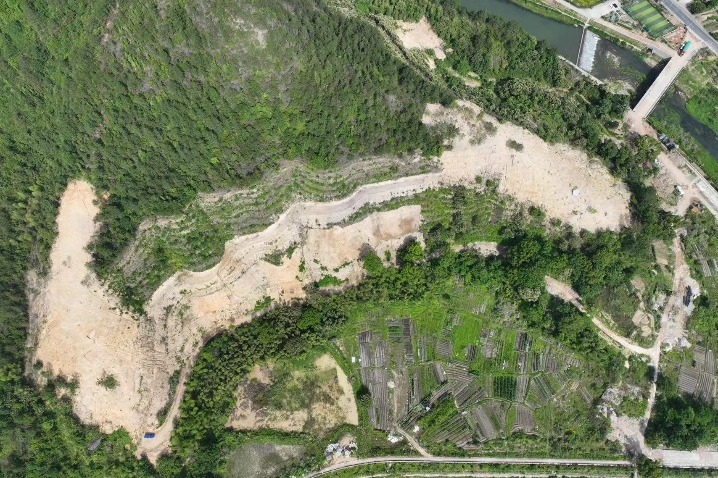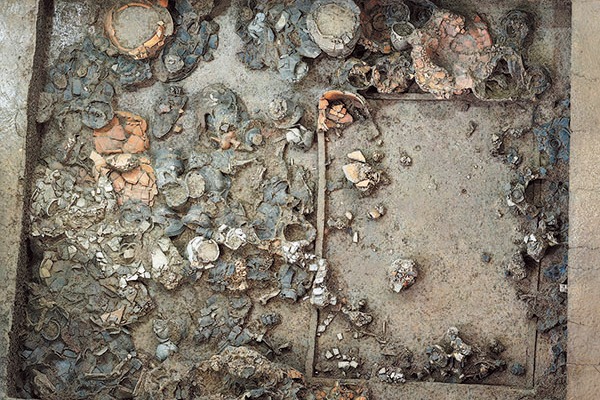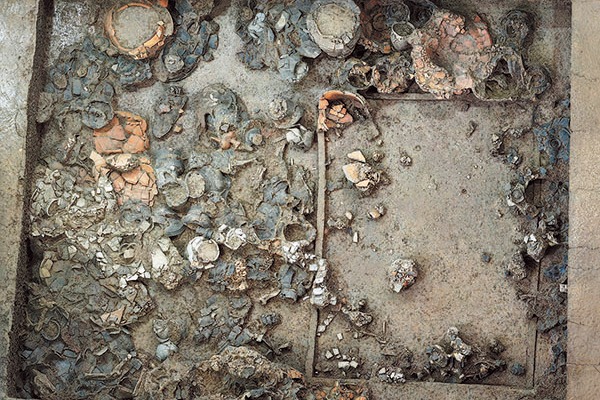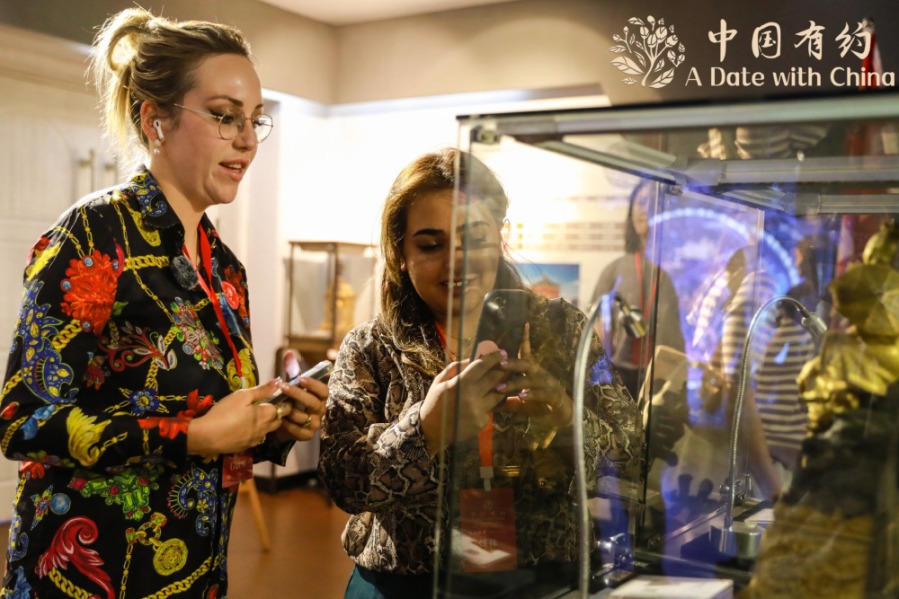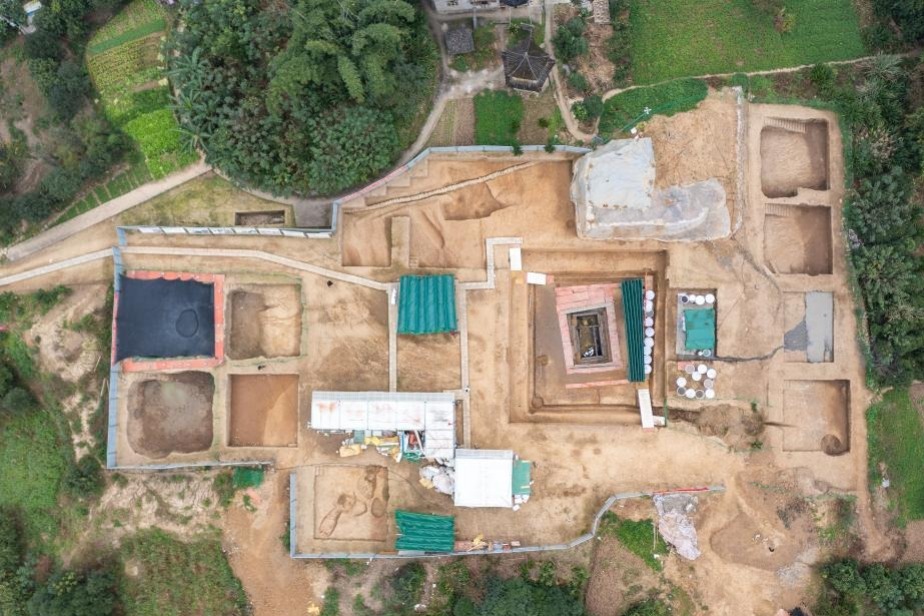
Sands of time reveal secrets
China DailyArchaeologists from the university and Uzbekistan use the Luoyang Shovel to identify soil on a site in Uzbekistan in June. He says that when he and his team work with Central Asian scholars on archaeological surveys, they are often divided into two groups, one composed of local scholars, who visit villagers to find out if they have discovered any artifacts, and a group of Chinese scholars who survey the surrounding land, or part of it. It has also opened the China-Central Asia Belt and Road Joint Laboratory on Human and Environment Research in Uzbekistan to improve studies of cultural heritage and geology along the Silk Road. According to Wang, cultural exchanges in Central Asia and the present-day Xinjiang Uygur autonomous region in China actually started much earlier than Zhang's time. Important archaeological evidence for the process exists in the form of wheat and barley, which originated in West Asia, were brought to the Yellow River Basin about 4,000 years ago.
History of this topic

Sands of time reveal secrets
China Daily
Sands of time reveal secrets
China Daily
Sands of time reveal secrets
China Daily
Sands of time reveal secrets
China Daily
Sands of time reveal secrets
China Daily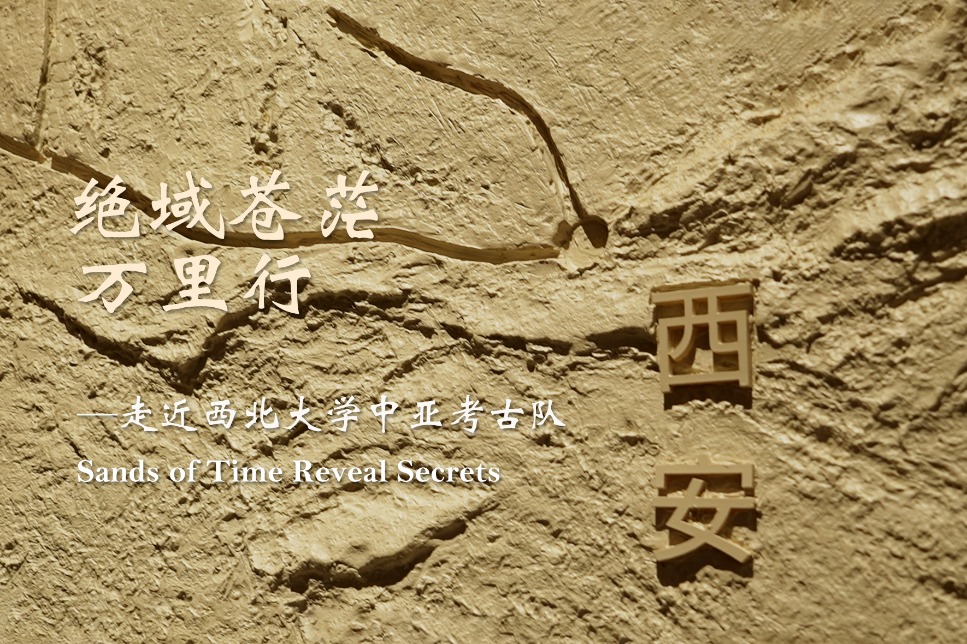
Sands of time reveal secrets: Long-term work by Northwest University’s archaeologists in Central Asia helps trace stories of the ancient Silk Road
China Daily
Sands of time reveal secrets: Long-term work by Northwest University’s archaeologists in Central Asia helps trace stories of the ancient Silk Road
China Daily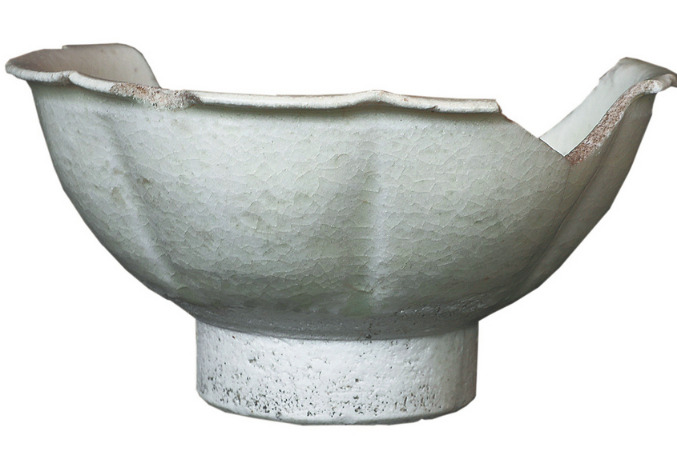
Sands of time protect an ancient treasure
China Daily
Sands of time protect an ancient treasure
China DailyDiscover Related
